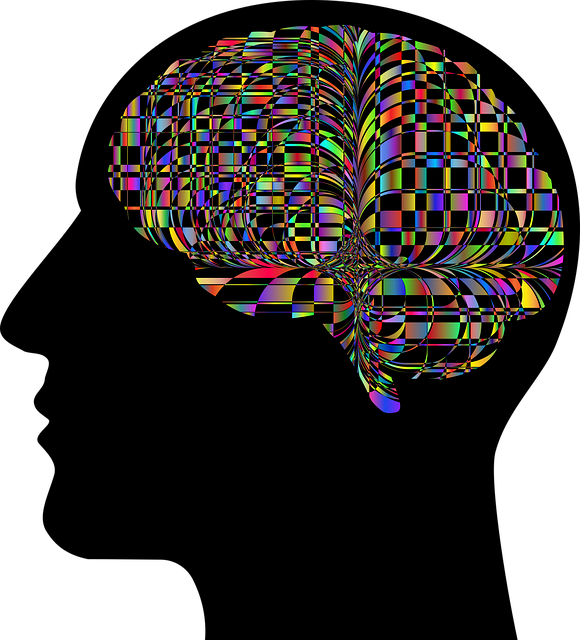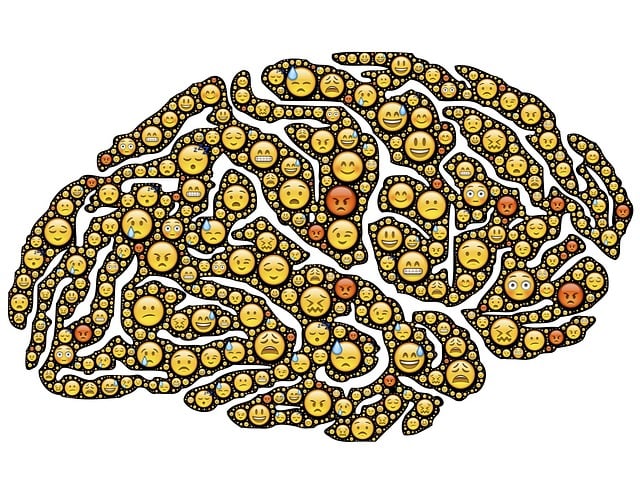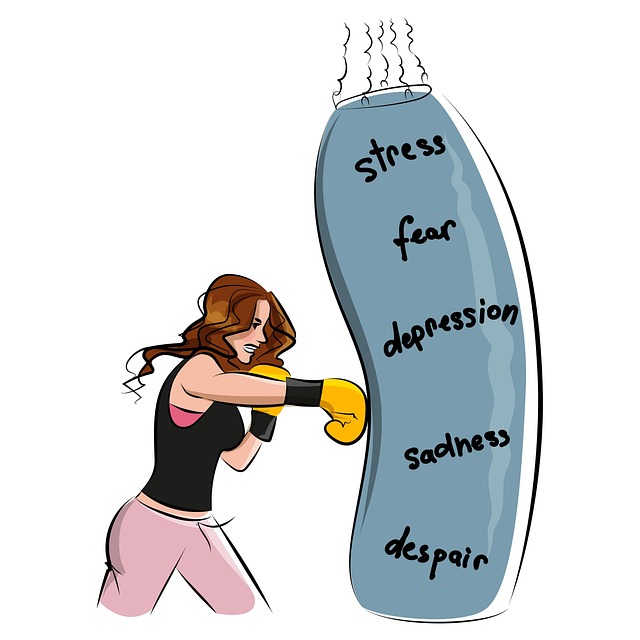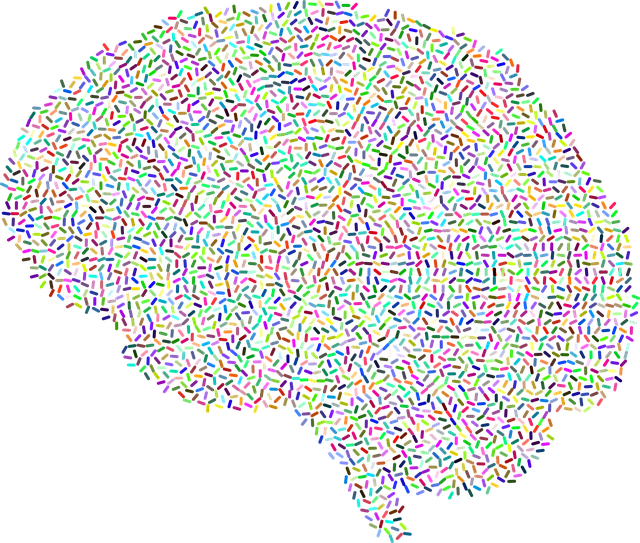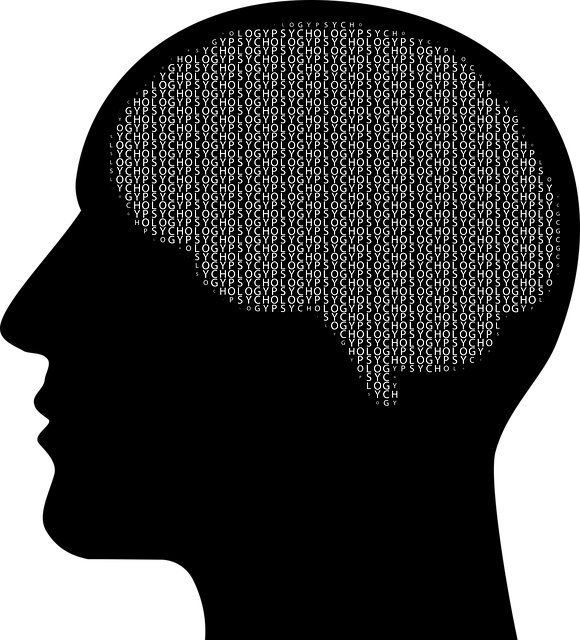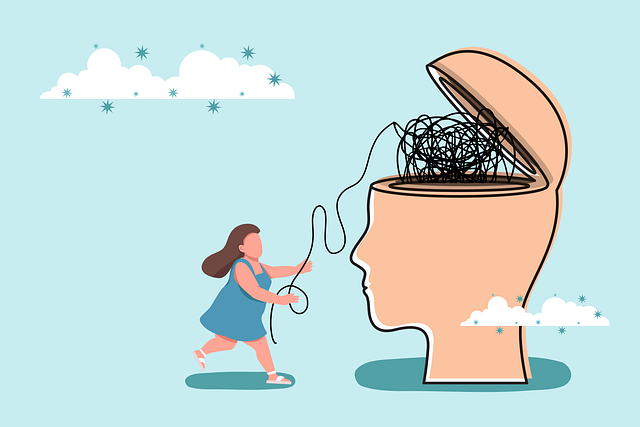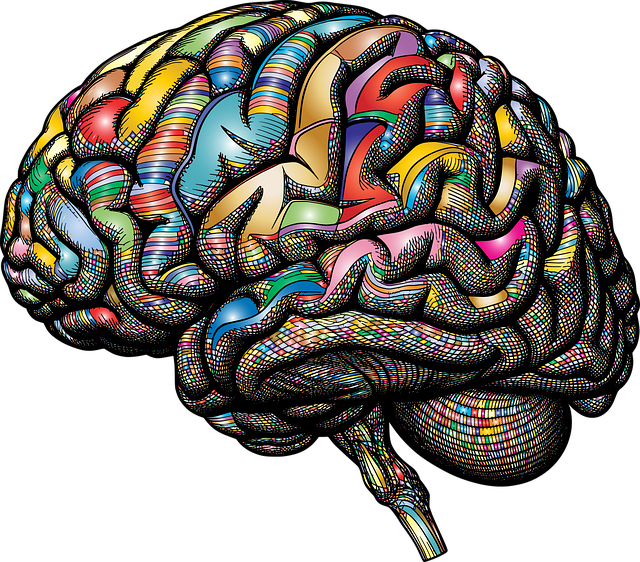Promoting mental wellness in young children involves encouraging healthy emotional states, positive behaviors, and coping strategies to navigate life's challenges. Early intervention, such as playtherapy, is key in identifying and addressing issues like Adjustment Disorder. Cognitive-behavioral therapy (CBT) and play therapy are effective approaches, boosting self-esteem and fostering resilience. Creating a supportive environment through education and awareness reduces stigma, encouraging professional help for persistent mental health concerns, including therapy for young children with adjustment disorders.
Mental wellness promotion is a vital aspect of raising healthy, happy children. This comprehensive guide explores key areas critical to fostering young minds. We delve into understanding mental wellness in young children, identifying and diagnosing adjustment disorders, and discovering effective therapeutic approaches. Additionally, practical strategies for parents and caregivers are provided to support their mental health journey. By equipping ourselves with these insights, we can better navigate the complex landscape of childhood mental health, including therapy options for adjustment disorders.
- Understanding Mental Wellness Promotion in Young Children
- Identifying and Diagnosing Adjustment Disorder in Kids
- Therapeutic Approaches for Effective Treatment
- Strategies for Parents and Caregivers to Support Mental Health
Understanding Mental Wellness Promotion in Young Children

Promoting mental wellness in young children is a critical aspect of their overall development and well-being. It involves fostering healthy emotional states, encouraging positive behaviors, and providing them with the tools to cope with life’s challenges. Understanding that each child is unique, mental wellness promotion focuses on nurturing their innate strengths and abilities. Early intervention is key; by identifying potential issues like Adjustment Disorder in therapy for young children, professionals can offer timely support.
This process involves various strategies, including playtherapy, which helps children express their feelings and emotions through play, a natural and often enjoyable medium. Building resilience and confidence is another essential aspect, teaching them problem-solving skills and adaptive coping mechanisms. Through these interventions, young individuals learn to navigate their emotional landscapes, fostering better mental wellness as they grow.
Identifying and Diagnosing Adjustment Disorder in Kids

Many children experience difficulties adjusting to changes or stressful events, but when these challenges persist for an extended period and significantly impact their daily lives, it might be a sign of Adjustment Disorder. This mental health condition often goes unnoticed in kids as its symptoms can resemble typical behavioral issues. Common indicators include persistent sadness, anxiety, irritability, withdrawal from social activities, and difficulty concentrating. Children with adjustment disorder may also exhibit physical complaints like headaches or stomachaches, which don’t have an obvious medical cause.
Early identification is crucial for successful management. Mental health professionals use comprehensive assessments, including interviews, behavior observations, and sometimes standardized tests, to diagnose the disorder. Treatment typically involves therapy tailored to young children, focusing on developing coping strategies, enhancing problem-solving skills, and improving communication. By addressing these challenges, therapy for young children with adjustment disorder can help them build resilience and adapt better to life’s transitions, fostering a stronger foundation for their mental wellness and reducing potential long-term effects of untreated mental health issues, especially in light of growing mental health awareness and mind over matter principles. Efforts to reduce the stigma surrounding mental illness play a pivotal role in encouraging parents and caregivers to seek timely support.
Therapeutic Approaches for Effective Treatment

Therapeutic approaches play a pivotal role in promoting mental wellness, especially for young children struggling with adjustment disorders. One effective method is cognitive-behavioral therapy (CBT), which helps kids identify and change negative thought patterns and behaviors. By teaching them coping strategies, CBT enhances their problem-solving skills and builds resilience. Additionally, play therapy offers a non-verbal means of expression, enabling children to process emotions and experiences in a safe environment. This approach is particularly beneficial for those who find it challenging to articulate their feelings.
Targeting self-esteem improvement is another crucial aspect. Interventions can include encouraging positive self-talk, setting achievable goals, and fostering a sense of accomplishment. Burnout prevention strategies for healthcare providers are also essential in supporting mental wellness within the medical field. By promoting work-life balance and providing access to resources like counseling services, healthcare professionals can better care for themselves and their patients. Efforts to reduce mental illness stigma through education and awareness campaigns create a more supportive environment, encouraging individuals to seek help without fear of judgment.
Strategies for Parents and Caregivers to Support Mental Health

Promoting mental wellness in young children is a crucial task for parents and caregivers. One effective strategy is to encourage open communication about emotions, providing a safe space for them to express their feelings. Incorporating self-care practices into their daily routines can also be beneficial; this could include simple activities like reading together, engaging in outdoor play, or practicing mindfulness exercises tailored for kids.
Additionally, parents can play a vital role in fostering social skills training by organizing playdates and encouraging interactions with peers. Helping children develop healthy coping skills through coping skills development sessions or even creative outlets like art therapy, music, or movement activities can be immensely supportive. If concerns about a child’s mental health persist, seeking professional help, such as therapy for young children with adjustment disorders, is a responsible step to ensure they receive the necessary support.
Mental wellness promotion plays a pivotal role in shaping a child’s future, with early intervention crucial for managing conditions like adjustment disorder. By understanding these issues and employing therapeutic approaches tailored to young minds, we can foster resilience and healthy development. Parents and caregivers are essential allies in this process, equipped with strategies to support mental health and enhance the effectiveness of therapy for young children with adjustment disorders.



